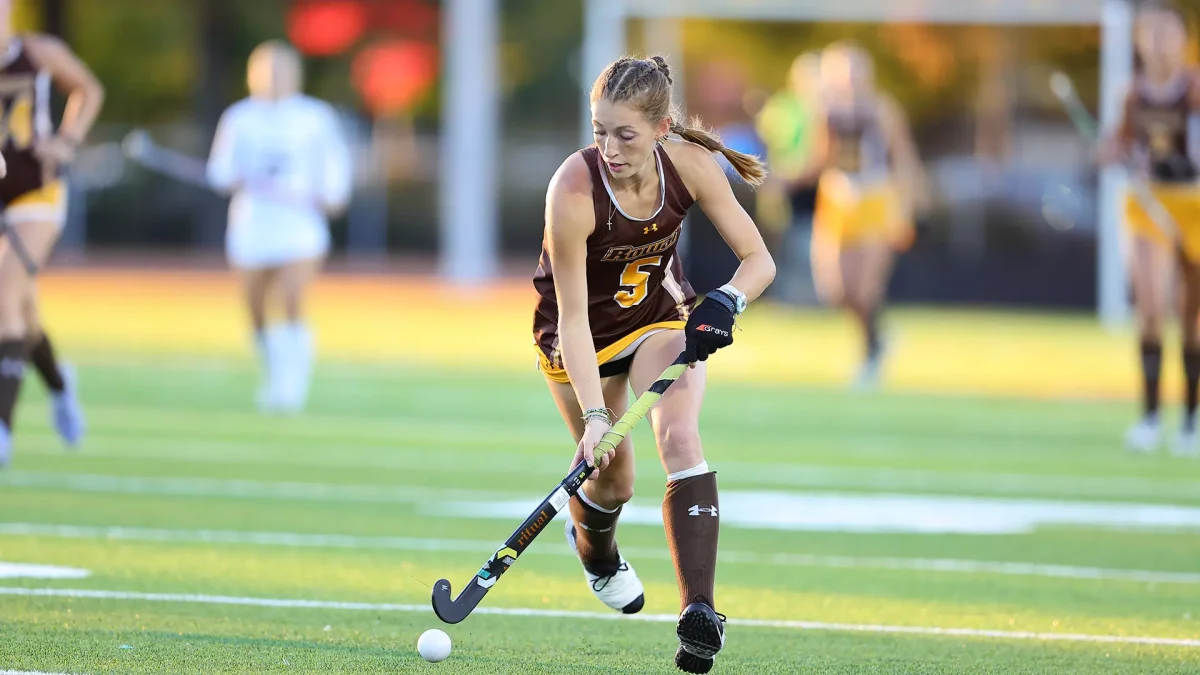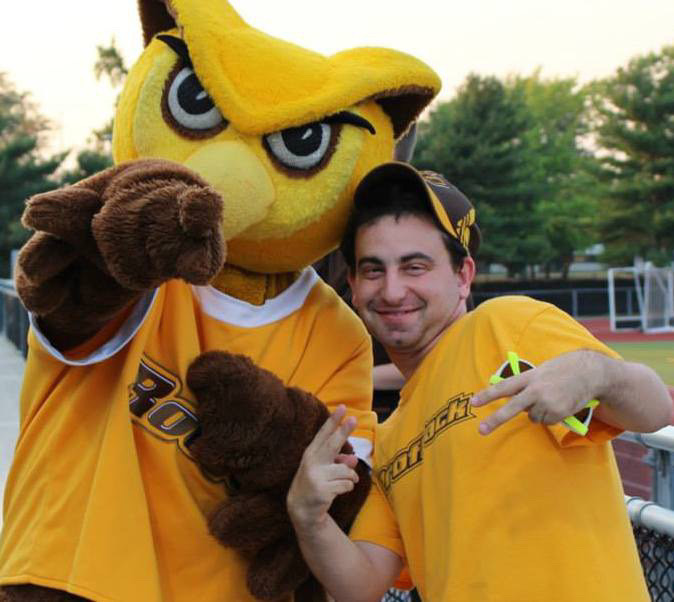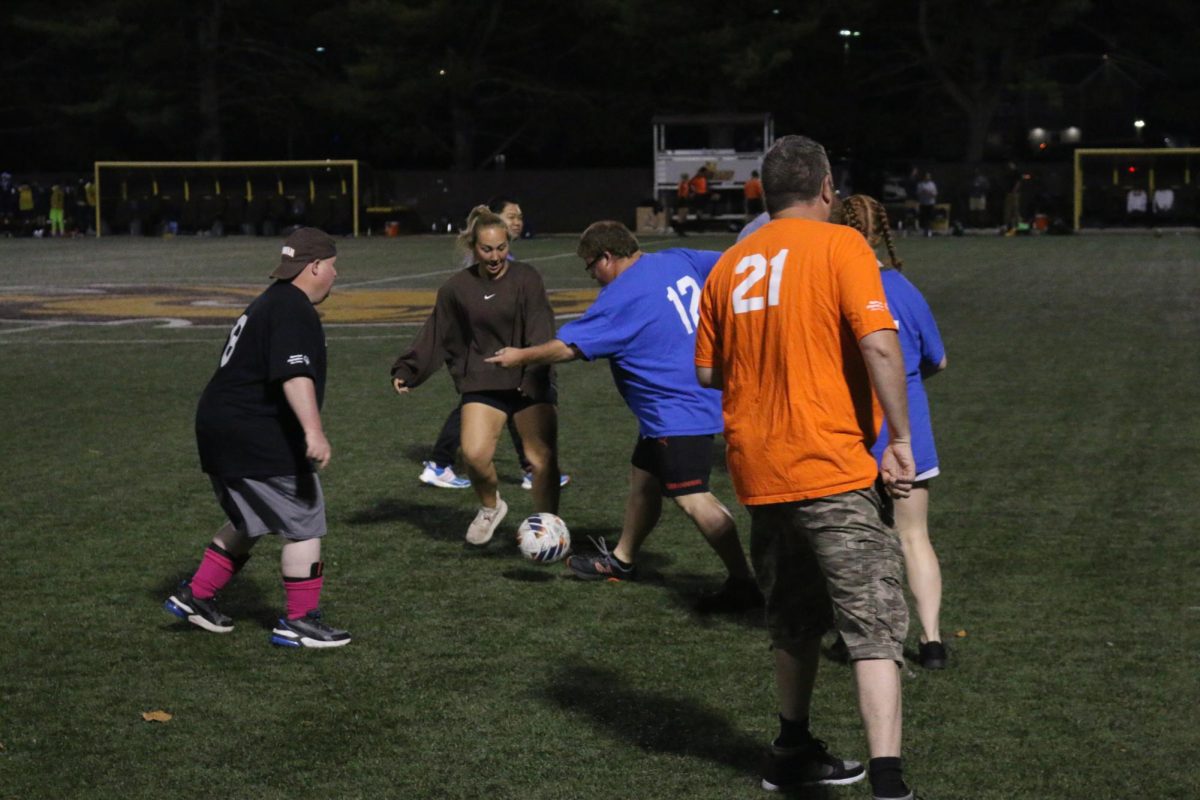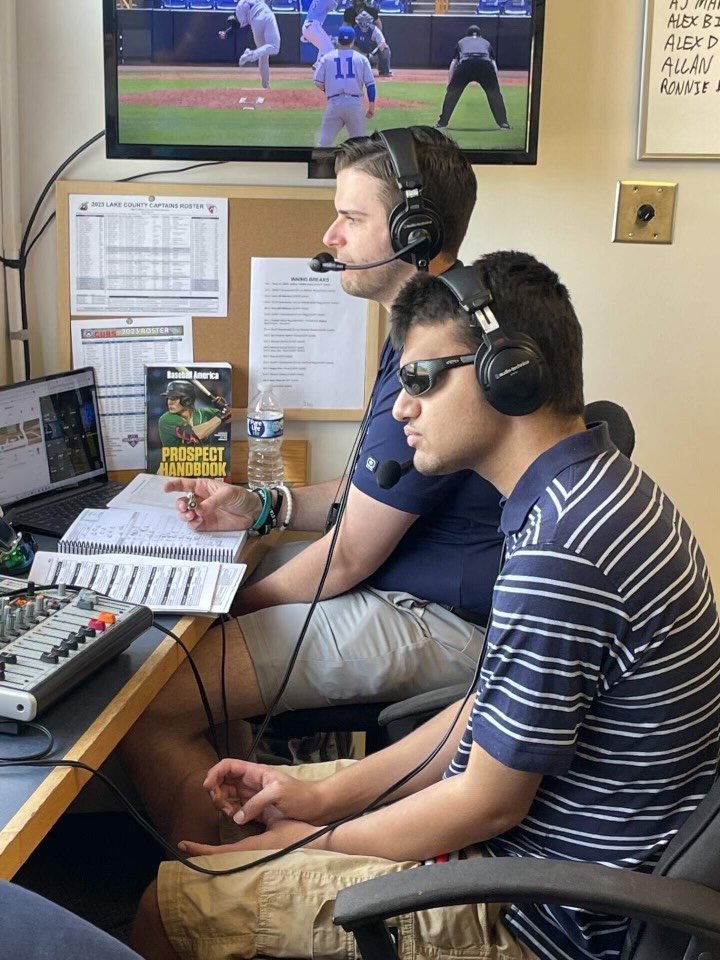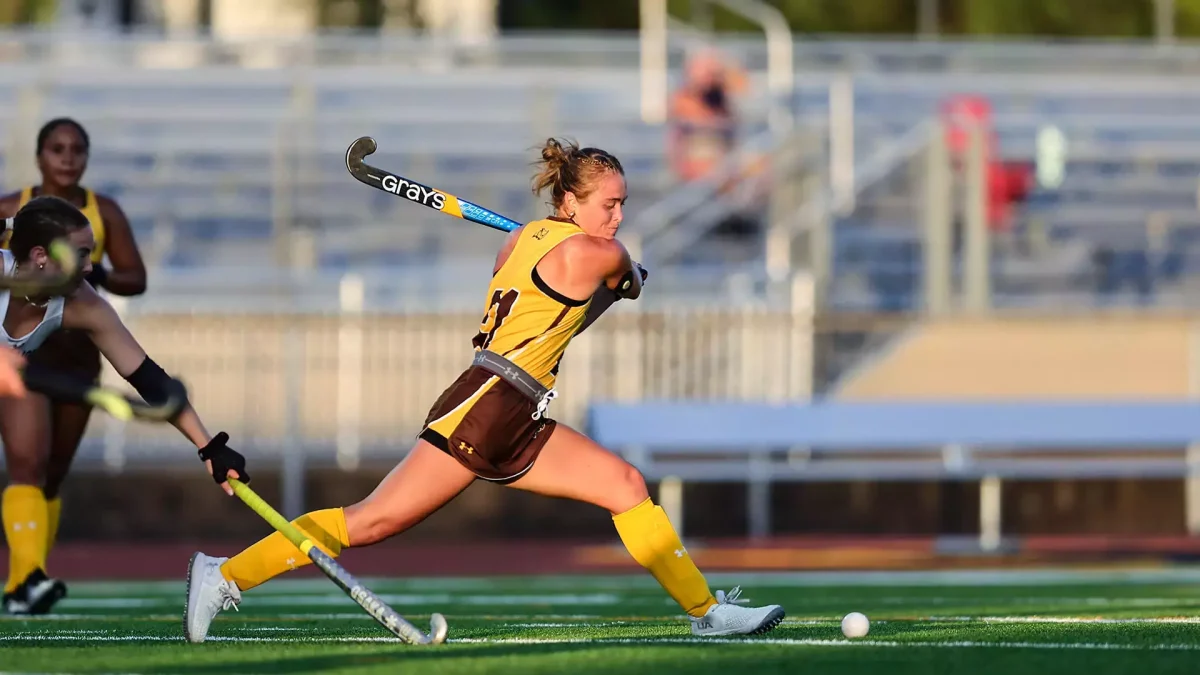This is a busy time of year for sports. MLB’s Opening Day happened less than three weeks ago. March Madness concluded last Monday. The Masters just ended on Sunday and the NBA and NHL playoffs are around the corner, meaning it’s a crucial time for sportsbooks to garner attention to themselves and attract new users.
College students seem to be the ideal target for these commercials. According to a press release from GWS Magnify, “sportsbook betting has attracted a surge in young users, with 36% more 21-28-year-olds using sportsbook apps than the same time last year.”
This may be due to the fact that sportsbooks and other forms of gambling are running to the TV to promote their ad rather than a social media post or video.
“It was taboo not long ago and now there’s basically partnerships with the media and sports leagues,” Jerrold Colton, a professor of sports betting and the media at Rowan said. “We [class] talk about all the relationships that exist now, whether it be financial, partners, marketing sponsors, or flat-out ownership, and how it all relates to today’s sports landscape as well as the inherent conflicts that are involved as well.”
TV is the biggest player in the casino and gambling ad realm, as they racked up $471.8 million in revenue between January 2023 and November 2023, according to a December 2023 MediaRadar study.
Think about some of the commercials that you’ve seen recently. Remember the “FanDuel Kick of Destiny,” which featured Rob Gronkowski attempting to kick a field goal from 25 yards out before the Super Bowl? What about the more common one that reads, “Put $5 down and get $150 in bonus bets if your first bet wins?” These ads are all over the TV screen and definitely get people’s attention.
In a poll conducted by the Whit which was sent out to over 100 Rowan students, nearly 94% said that they’ve seen/heard advertisements asking to participate in sports betting. And these commercials work, especially on males. Out of 115 Rowan students, only 58 said they gamble on sports, with 84% of these students being males.
“Pretty much the entire class has spoken that they participate in sports betting and have been as long as they’ve been legally allowed to,” Colton said.
The problem that most college kids run into is the amount of money they put down, hoping they can double or even triple the amount that they gamble. The most common range was $1-10, with 56% of students saying they fall in this category. Next was between $10-20, with just 20% of students falling into this category. 13% of people fell between either the $20-50, $50-100, and $100+ range.
“We have done a number of exercises exploring that [making money], both in studying it as well as participating in it,” Colton said. “I think the students have seen how difficult it is to succeed in sports gambling… Through it all, the class has seen that almost nobody wins… to look at [sports gambling] as something to make money is probably not going to bear true. As long as it can be done within the framework of entertainment and kept under control, it’s fine, otherwise, we really could be at the tip of the iceberg for something that could cause a real gambling epidemic.”
Despite this, some students are still wishing to profit from these bets. When asked why they gamble, one student responded, “To make money. It’s easier than winning at the casino in my opinion.” Another one said, “Because I wanted to make money, but that isn’t working so far.” One person tried to find new ways to make money, saying “My previous job wasn’t paying a whole lot and I tried to find ways to make money. This was just one of them and I lose pretty much every time.”
While some students’ main incentive for gambling has to do with the money aspect of it, some do it solely for that entertainment purpose that Colton alluded to.
“In today’s modern sports world, it seems that a lot of people like to participate in it [gambling] as well as maybe have a wager on something they’re watching,” Colton said. “Until recently, the only way to do that was in the state of Nevada, and now in the last few years, it’s been allowed to happen all over the country…therefore with its more legal accessibility, it’s allowed more people to participate both as a fun thing as well as to try and make money.”
This seemed to be the case with the majority of Rowan students who answered the question “Why do you gamble.” One person answered, “I usually only bet on sports if I am with my friends and we are doing it together.” Another one said, “I enjoy sports very much. Having money on the game makes it even more interesting.” Someone even said that it adds “a different level” to watching sports.
Parlays seemed to be the overwhelming favorite bet to make whether you’re with friends or by yourself, with 84.5% of respondents saying they’ve placed them.
“I started gambling because my friends and I would put together a parlay for each week of the NFL season,” one respondent said. “It makes an average Thursday Night Football game more exciting to watch than it might usually be if I put money down on it.”
Standard moneyline (79.3%) and player props (67.2%) ranked second and third in terms of the most popular bets for Rowan students. Just over a quarter of them said they bet on average, roughly a few times a month, while just over 20% said it was just a few times a week. 17% of people said they bet daily.
The most popular sport was football, with nearly 95% of people placing money down each week during the NFL season. Basketball (71%) and baseball (51%) followed suit.
While this data is just from Rowan students, this epidemic isn’t limited to Glassboro. America has a problem on its hands, and if things continue to go the way they currently are, we may see a lot more people develop gambling addictions earlier in their lives.
For comments/questions about this story DM us on Instagram @TheWhitSports or email @[email protected]
























































































































































!["Working with [Dr. Lynch] is always a learning experience for me. She is a treasure,” said Thomas. - Staff Writer / Kacie Scibilia](https://thewhitonline.com/wp-content/uploads/2025/04/choir-1-1200x694.jpg)









































